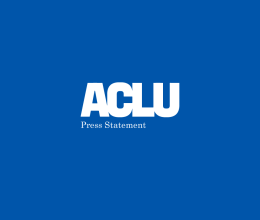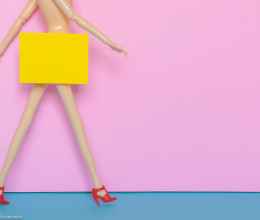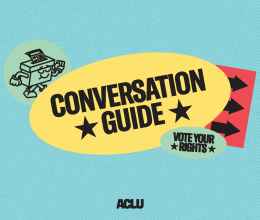
Despite what you might remember from “the talk” when you were a kid, sex education is more than just the birds and the bees.
These days, comprehensive sex education that teaches young people about healthy relationships, consent, gender diversity, sexual orientation, and their reproductive rights is more important than ever.
Sex education, after all, addresses many of our most deeply held rights and freedoms: the right of youth of all sexes and gender identities to be treated equitably, the right to engage in a loving relationship with the person of your choice, and the freedom to decide whether and when to have children.
And a good book is a great place to start!
But throughout the country, there have been increasing efforts to limit books and information about sexuality.
We’re seeing it in North Dakota, too. During the 2023 legislative session, books educating kids and teenagers about sex were making headlines as our elected lawmakers debated legislation that would prohibit libraries from offering “explicit sexual material” to their patrons.
Here in Grand Forks, public library board members recently decided to move three children’s books addressing sex education and human anatomy to a new section, young adult nonfiction. The books – “Sex is a Funny Word,” “What’s Going on Down There?” and “Puberty is Gross but Also Really Awesome” – are recommended for children ages 8 to 12, but now classified as young adult nonfiction and are the only books in that section.
This is censorship – the suppression of content or ideas – and it happens when one group imposes their beliefs on another. This runs counter to the American tradition of encouraging the free flow of ideas.
Banning books is a type of censorship, but the act can take many forms. Removing a book from the shelf isn’t the only method that amounts to censorship. Requiring parental permission to read it or moving it to a less accessible section for its intended readers, like what has happened in Grand Forks – are examples of soft censorship.
Being able to learn about and engage with new ideas, especially those we may disagree with, is foundational to any healthy democracy. Censoring books by limiting people’s access to them does more than suppress the subject matter – it also disregards the lived experiences and identities of authors and readers. If community members don’t want to engage with certain ideas or topics – or let their kids engage with certain ideas or topics – they don’t have to, but they don’t have the right to impose their beliefs on others.
It is this foundational freedom that must be prioritized and protected by all of us, including library and school administrators, community stakeholders and government leaders.
We know that when people give in to undemocratic calls for book bans, that any action they take to restrict access to a particular title – whether on a shelf or in a curriculum – can spread quickly from town to town, magnifying the harmful chilling effect that censorship can have on diverse viewpoints. Neighboring towns may feel pressured to follow suit, and in the instances when access to books is limited by consortium libraries, which have wider geographical membership, the impact may be even greater.
Books can provide a structured and safe way for kids, teens, and parents to learn about sexuality and to help facilitate positive conversations. But as calls for book bans continue to ripple across the country, it’s more important than ever to be informed of how to spot similar waves in your community. After all, the first step to dismantling any effort to limit access to books – and protecting the themes and experiences they feature – is being able to identify it.
A version of this column also appeared in the Grand Forks Herald.


